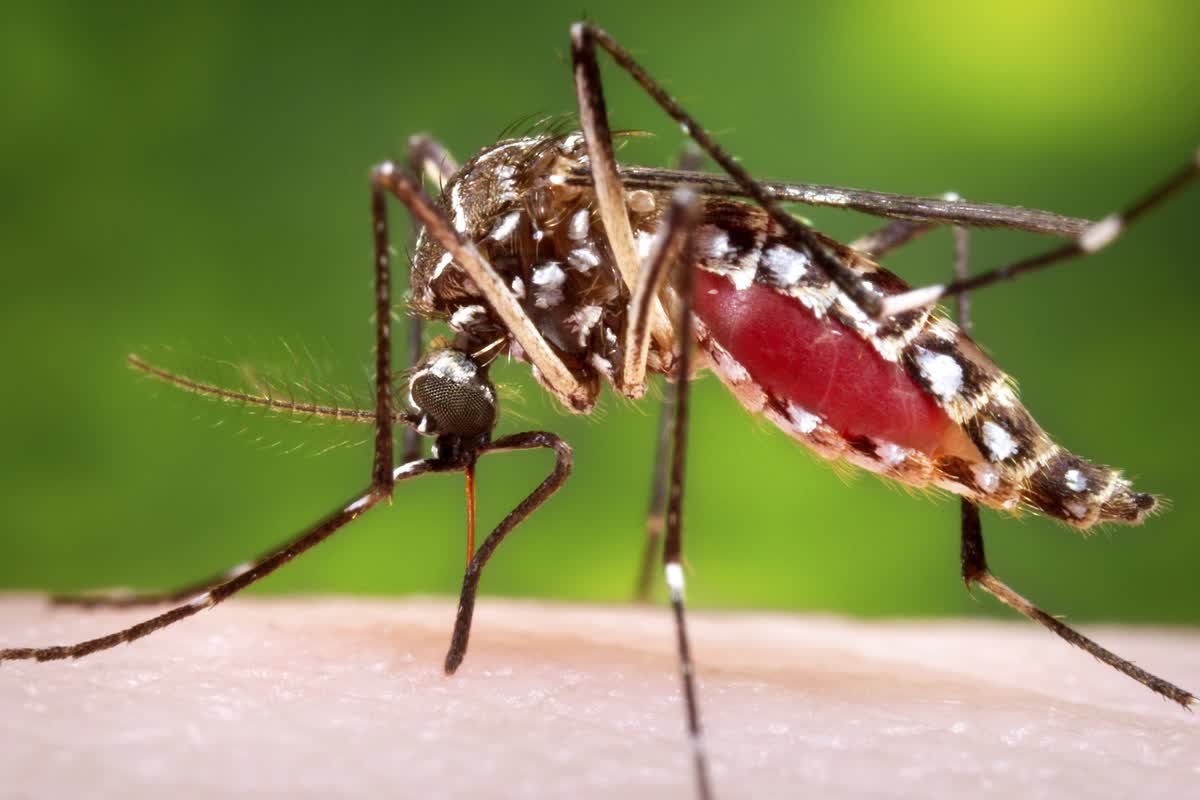In brief: Drones have joined the unending fight against the mosquito problem in the US. A Florida-based company manufactures the devices, which are being used in almost half of all American states and Australia to control the disease-spreading insects.
A known vector for spreading diseases such as malaria, dengue, West Nile, yellow fever and Zika, mosquitoes are more than just blood-sucking irritants. Some regions of the US are turning to modern technology in their fight against the problem. One of these is Broward County, Florida, which is using drones from Daytona Beach-based Leading Edge Aerial Technologies to spray for the bugs in difficult areas.
Prior to using the drones, technicians would have to enter Florida's marshes to spray Aedes mosquito breeding grounds, using a backpack blower. Not only is this dangerous for the person spraying the area, but it can also damage the environment through vehicles or technicians traversing the terrain. Leading Edge Aerial Technologies CEO Bill Reynolds told Fox Business that using drones was 12 times faster than conventional methods.
The drones carry 15-pound payloads of EPA-approved chemicals, made by a different company, that can cover three acres in a single flight. These chemicals activate bacteria in the mosquito's gut, eliminating larvae when they're in the water. Inspectors later visit the areas and test the water to assess the efficacy of the spray.
Drones were first used by Florida to tackle mosquitoes in 2013 when camera-equipped models were sent out to search for shallow pools of water, where the insects breed and reproduce.
Other regions that recently turned to drones to fight the mosquitoes include Orange and Santa Clara counties in California. AP writes that the common spraying methods in these regions involve using backpack sprayers, trucks, airplanes and helicopters. The drones are more precise treatments, able to reach hard-to-access areas, and avoid the need to disturb sensitive lands.
A vector ecologist for the Orange County district noted that a drone can treat 1 acre (0.4 hectares) of land in under two minutes, a task that would take more than an hour of hiking by a worker with a backpack.


